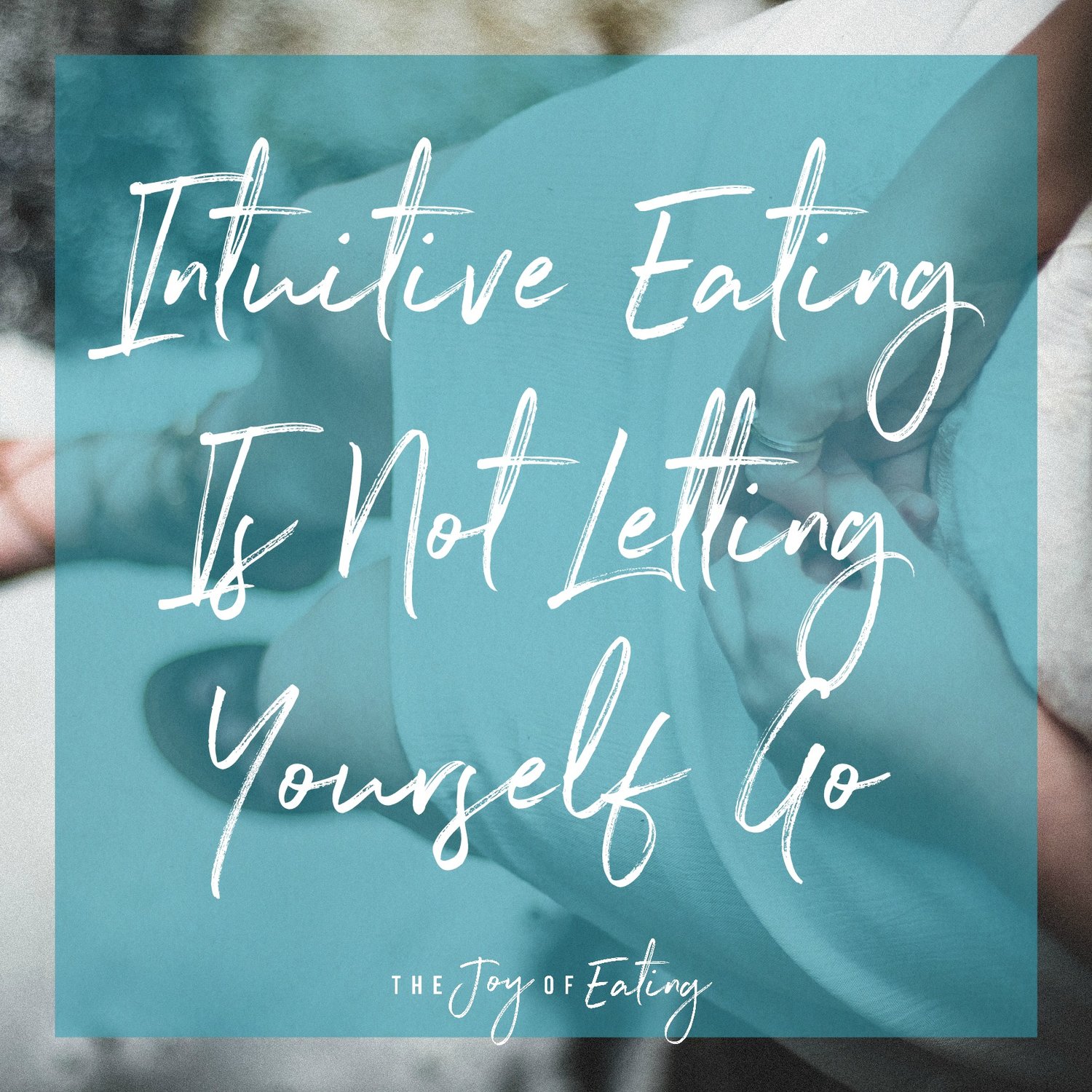The Truth About Before and After Weight Loss Pictures
Feeling inadequate after seeing someone’s before and after weight loss picture? We’ve all seen how photoshop, different poses and clothes can distort things, but the problem with these pictures goes deeper than that. The truth about before and after weight loss pictures is that they’re a fleeting moment in time, and never communicate the whole story.
The other day, as I was enjoying a not-at-all procrastination related social media break and swiftly scrolling through a line of images on instagram, an old friend’s before and after weight loss picture caught my eye.
In her before picture, she was pregnant. Like, super pregnant, I'm guessing a couple weeks before giving birth. It was a candid shot, with her hair in a messy bun, PJ pants on and probably no makeup. She looked tired, her cheeks were puffy, but she was also happy, gazing down at her belly with a slight smile.
In the after picture, her stomach was as flat as non-fitness model/celebrity/photoshopped human stomachs get, with no visible sign of a baby having hung out in there for a good 9 months. Her hair was blown out and she wore a brightly colored tank top with matching patterned leggings, like she as she smiled brightly at the camera at whatever that angle is that makes you not look awkward in selfies (someone please teach that angle to me).
Unsurprisingly, her post had dozens of comments from people telling her how great she looked, asking what program she did, and quite a few “#goals.” TBH, reading the comments I even got a twinge of jealousy for all the validation she was getting - and my body has done zero baby creating so this was a very irrational thought indeed!
Personally, I thought she did look great - happy, healthy, and beautiful - in both pictures.
Although I haven't talked to this friend regularly in years, I keep up with her enough on facebook to know that she really loves being a mom. I remember that having kids was always something she was looking forward to, even back in the day when the idea of children was a distant and scary thing for everyone else. I also remember that she had posted about some of her difficulties getting pregnant, so I knew that her pregnant body was one that she had also very much yearned for.
Knowing this, it made me feel sad to see her disparage her pregnancy body. What was wrong with her body, being pregnant, doing the natural thing it's supposed to do in order to cook up a healthy baby, the same baby who had brought so much joy to her life? How could she look at it with disgust?
I share this story because I feel like it’s the perfect encapsulation of how completely absurd it is to share two snapshots in time of the same person, one of that person in a larger body, the other of them in a smaller body, to try and communicate a message that’s something along the following lines:
Large body: bad, gross, unlovable, ugly, unhealthy, tired, messy, etc
Small body: happy, healthy, pretty, loved, energized, got their shit together, etc
Life, and the intentional and unintentional changes to one’s body size that come with being a living human being, are so much more nuanced than two pictures framed side by side.
The Truth About Before and After Weight Loss Pictures
Even back when I practiced as a weight loss dietitian (or more accurately, a weight suppression for a limited amount of time dietitian), weight loss before and after pictures irked me. I knew enough to recognize that one person’s before is another persons current, and for every person feeling “inspired",” there’s at least one person feeling like crap.
Now that I practice as an intuitive eating dietitian, I see just how incredibly harmful these pictures are. The truth about weight loss before and after pictures is that they’re hurtful, shaming, and frankly, don’t tell you a damn thing.
Not everyone is unhappy in a before picture. Sometimes they're having the time of their life, with a schedule packed full of social events. Sometimes they're busy traveling for a job they love, with less time for physical activity or cooking at home. Sometimes they've just had a baby. Sometimes they're just someone who is supposed to have a bigger body, one that they’ll likely soon return to after snapping that “after” shot.
Not everyone is happy and healthy in an after picture. Sometimes dieting has become their full time job, robbing them of the physical and mental energy to do things that bring them joy. Sometimes they're practically (or actually) starving their body, doing serious harm to it in the process. Sometimes they're lonely, because dieting kinda kills your social life. Sometimes the smile in their selfie is forced because they're really actually quite miserable.
After isn't really after. It's just now. Research shows in a few years, most dieters will regain the weight they lost, and for about two thirds of those people, they'll end up gaining even more. So what you're seeing in that after picture isn't a permanent state of being, but rather a fleeting moment in time.
We live in a culture that values thinness. I don’t see that changing anytime soon, so you’re probably going to continue seeing weight loss “transformation” posted on social media as if losing weight is the most impressive thing one can do. These pictures are also (unfortunately) an incredibly powerful marketing tool, so you’ll also continue to see them in magazines and on TV, as long as there’s a diet industry trying to make money.
The question is how can you protect yourself from internalizing the subliminal messages communicated with before and after weight loss pictures. That’s done by strengthening the brain pathway that allows you to differentiate facts (here are two pictures of the same person in two different body sizes) from the story you’re telling yourself (and they are clearly happier/more successful/more loved/healthier/etc in the second picture). Remember, a snapshot is a picture and it can never tell you the whole story.
And P.S. if you are one of those people sharing these pictures, please consider the harm you are unintentionally doing, what you are communicating about the value of different bodies, and stop.
This post was originally published 12/16. It has been edited and updated to give you the best possible content.





